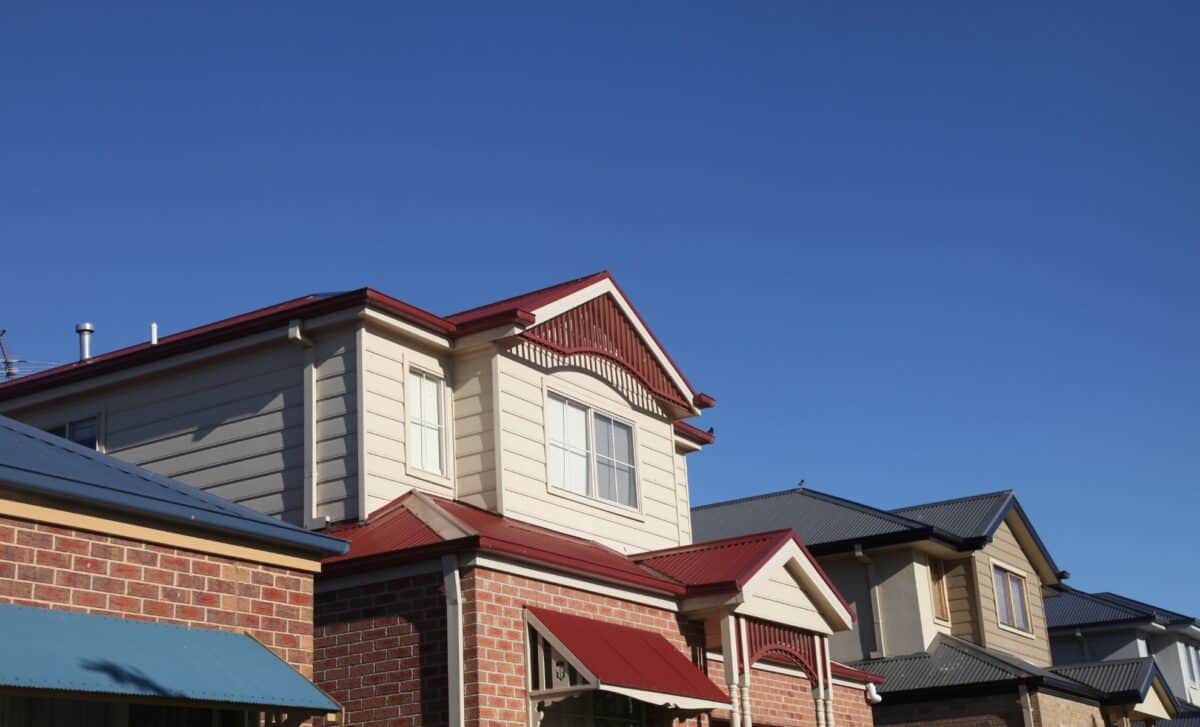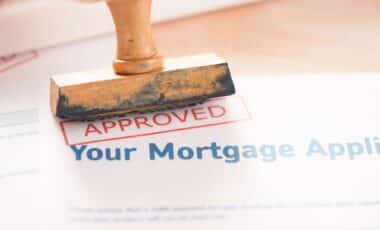More than half a million homebuyers in England are racing to complete their property purchases before April 1, when planned changes to stamp duty thresholds could significantly increase costs.
According to Rightmove, the number of homes sold but awaiting completion has surged 25% from last year, with many buyers facing additional tax bills of up to £11,250 if they miss the deadline.
The changes, announced by Chancellor Rachel Reeves in Labour’s Autumn Budget, will lower the thresholds at which first-time buyers and second-home purchasers pay stamp duty.
With the average home sale now taking five months, concerns are growing over a potential bottleneck in the conveyancing process, which could leave thousands of buyers paying higher taxes due to delays beyond their control.
Changes to stamp duty thresholds and their impact
At present, first-time buyers in England enjoy stamp duty relief on properties valued up to £425,000, with a 5% tax applied to the amount exceeding £425,000 and up to £625,000.
From April, the relief threshold will drop to £300,000, and the upper limit will be reduced to £500,000. Any purchase exceeding this will lose the relief entirely, meaning buyers must pay standard stamp duty rates.
For those purchasing a second home, the minimum threshold at which stamp duty applies will halve to £125,000, increasing the tax burden on buyers in this category. According to Rightmove, a first-time buyer purchasing a home valued between £500,001 and £625,000 will face an additional £11,250 in tax after April.
The property platform is urging the government to extend the deadline to ease pressure on buyers caught in legal and administrative delays. Colleen Babcock, a property expert at Rightmove, warned of a potential logjam in transactions, arguing that some buyers could end up paying more tax due to circumstances beyond their control.
Market response and government plans for reform
According to Rightmove, the average UK property price rose 0.5% in February, reaching £367,994—a lower increase than the usual 0.8% for the period. Experts suggest sellers are adjusting prices to reflect the upcoming stamp duty changes, as buyers factor in the potential for higher costs.
In London, where property prices are typically higher, buyers could face stamp duty increases of up to £10,000, according to Marc von Grundherr, director of estate agents Benham and Reeves. While some buyers have attempted to renegotiate offers, most transactions are proceeding as planned despite the looming tax changes.
Meanwhile, the government has announced plans to streamline the home-buying process, aiming to reduce delays and lower costs.
Housing Minister Matthew Pennycook has outlined reforms focused on digitisation and sector-wide coordination, which he claims could save buyers and sellers £400 million. The changes aim to address long-standing inefficiencies and reduce the high rate of failed transactions.









